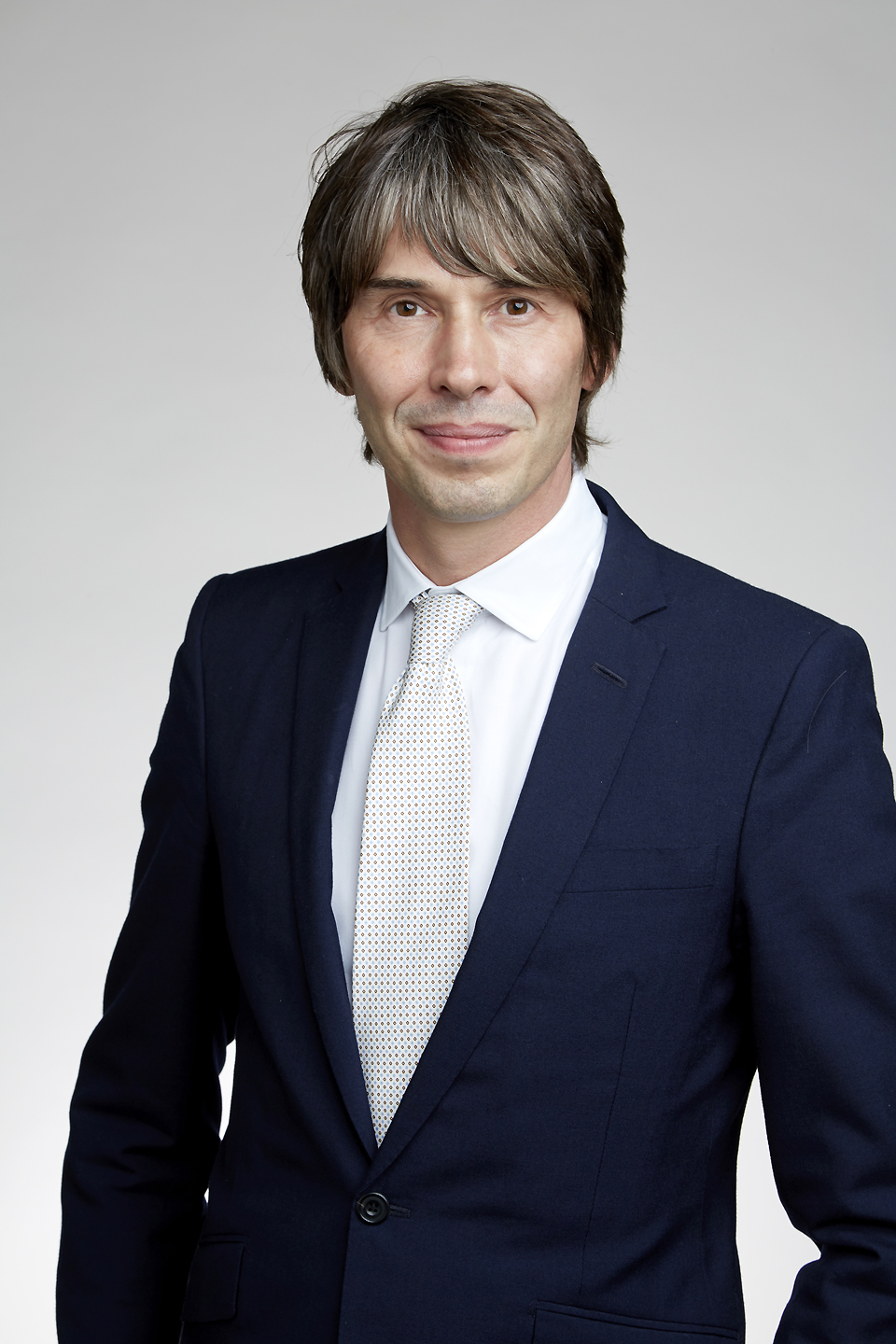Conclusion in Wonders of the Universe - Destiny
Brian Cox: Frases em inglês
Summing up the documentation Wonders of the Solar System, episode 5
“Science is too important not to be a part of a popular culture.”
in The Large Hadron Collider will revolutionise how we understand the universe, Telegraph.co.uk Comment (2008-09-06) http://www.telegraph.co.uk/comment/personal-view/3561949/The-Large-Hadron-Collider-will-revolutionise-how-we-understand-the-universe.html
Johnathan Ross Show 26 March 2010 BBC One
BBC Radio4 "Big Bang Week" Interview, Sept 2008
in a response on forum LHCConcerns as quoted by Gia Milinovich (2008-09-06) http://www.giagia.co.uk/2008/09/06/cern-scientists-receive-death-threats
“We are the cosmos made conscious and life is the means by which the universe understands itself.”
Wonders of the Universe - Messengers
“Anyone who thinks the Large Hadron Collider will destroy the world is a twat.”
Radio Times interview, Sept 8, 2008.
Human Universe, episode 5
Watching a solar eclipse in Wonders of the Solar System, episode 1
